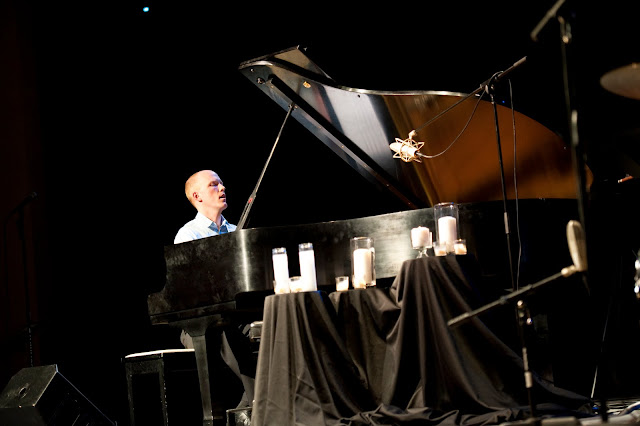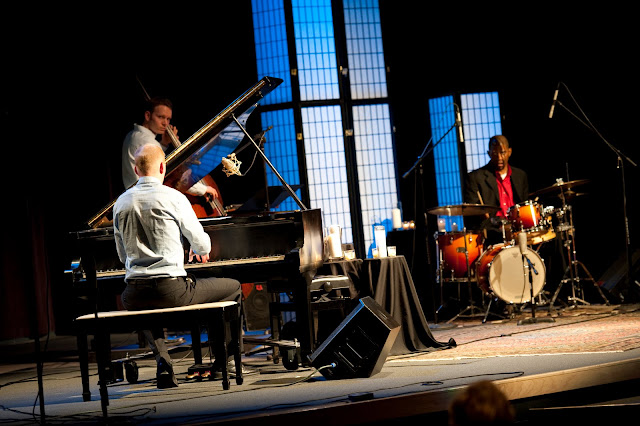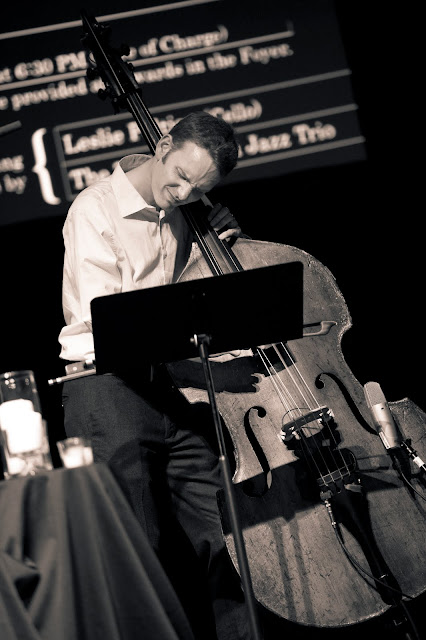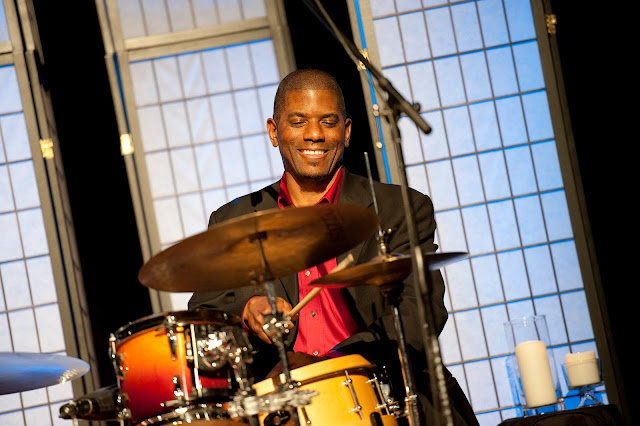Archive for March, 2010
Mar 31
Chronological Reading of Passion Week
I know it’s the middle, and not the beginning, of Passion Week, but if you’re still looking for some guidance on where to read to follow the passion narrative, the below might help.
Tonight (Wednesday, 6:30PM), we meet together for our monthly Lord’s Supper. We’ll read, think, and pray about the events that happened on Thursday of the Passion Week. (Sorry if it’s confusing to talk about Thursday on Wednesday, but I think it’ll be best for us to think about the first Lord’s Supper at our usual Lord’s Supper service.) Hope to see you tonight, as well as Good Friday and Resurrection Sunday.
| Saturday | Arrival in Bethany, Anointed by Mary | John 11:55-12:8 |
| Sunday | Crowd came to see Jesus | John 12:9-11 |
| Monday | Triumphal Entry | Matthew 21:1-17; Luke 19:39-44 |
| Tuesday | Cleansing of Temple, Fig Tree Cursed | Mark 11:12-26 |
| Wednesday | Temple Controversy, Olivet Discourse | Matthew 21:23-25:46 |
| Thursday | Last Supper, Betrayal, Trial Before Annas and Caiaphas | Luke 22:7-65; John 13:1-38, 18:2-27 |
| Friday | Trials; Crucified and Buried | Matthew 27:1-60; John 18:28-19:42 |
| Saturday | Dead in Tomb | |
| Sunday | Resurrected | Matthew 28:1-15; Luke 24:1-35 |
– Adapted from Harold W. Hoehner, “Chronology,” Dictionary of Jesus and the Gospels, p. 120.
Mar 26
Kingdom-Centered Prayer
Tim Keller describes a frequent problem with our prayers:
People are used to thinking about prayer as a means to get their personal needs met. However we should understand prayer as a means to praise and adore God, to know Him, to come into his presence and be changed by Him. We need to better learn how to pray, repent and petition God as a people.
He then describes the biblical alternative — Kingdom-centered prayer:
1. It is focused on God’s presence and kingdom.
Jack Miller talks about the difference between “maintenance prayer” and “frontline” prayer meetings. Maintenance prayer meetings are short, mechanical, and totally focused on physical needs inside the church. But frontline prayer has three basic traits:
a. a request for grace to confess sins and humble ourselves
b. a compassion and zeal for the flourishing of the church
c. a yearning to know God, to see his face, to see his glory.
It is most interesting to study Biblical prayer for revival, such as in Acts 4 or Exodus 33 or Nehemiah 1, where these three elements are easy to see. Notice in Acts 4, for example, that the disciples, whose lives had been threatened, did not ask for protection for themselves and their families, but only boldness to keep preaching!
2. It is bold and specific.
The characteristics of this kind of prayer include:
a. Pacesetters in prayer spend time in self-examination. Without a strong understanding of grace, this can be morbid and depressing. But in the context of the gospel, it is purifying and strengthening. They “take off their ornaments” (Exod. 33:1-6). They examine selves for idols and set them aside.
b. They then begin to make the big request–a sight of the glory of God. That includes asking: 1) for a personal experience of the glory/presence of God (“that I may know you” – Exod. 33:13); 2) for the people’s experience of the glory of God (v. 15); and 3) that the world might see the glory of God through his people (v. 16). Moses asks that God’s presence would be obvious to all: “What else will distinguish me and your people from all the other people on the face of the earth?” This is a prayer that the world be awed and amazed by a show of God’s power and radiance in the church, that it would become truly the new humanity that is a sign of the future kingdom.
3. It is prevailing, corporate.
By this we mean simply that prayer should be constant, not sporadic and brief. Why? Are we to think that God wants to see us grovel? Why do we not simply put our request in and wait? But sporadic, brief prayer shows a lack of dependence, a self-sufficiency, and thus we have not built an altar that God can honor with his fire. We must pray without ceasing, pray long, pray hard, and we will find that the very process is bringing about that which we are asking for – to have our hard hearts melted, to tear down barriers, to have the glory of God break through.
May it be increasingly so, Lord!
Mar 25
Passion Week Messages
Starting with Palm Sunday, this coming Sunday, we begin what is historically known as Passion Week. It is a remembrance of the passion of Christ in the week leading up to his death and resurrection. This year we have a unique opportunity to do this as a church, because our monthly Lord’s Supper falls on this week. In other words, we have an extra service in the middle of the Passion Week to help walk ourselves through the narrative: the triumphal entry, the cleansing of the Temple, the Passover/Last Supper, the betrayal and trial, the crucifixion and death, and the resurrection. Yes, it makes for a busy week with services on Wednesday, Friday, and Sunday, but let’s see that as a helpful opportunity…and not at all as drudgery.
We’ll stay in our Luke series through it all (jumping ahead a bit for the next week or so, and then back to chapter 18 to finish the book). So the schedule and Scripture references for the next week look like this:
– 3/28, Palm Sunday (9:00 and 10:45AM) – The Triumphal Entry (Luke 19:28-44)
– 3/31, Wednesday Lord’s Supper (6:30PM) – The Passover Meal (Luke 22:1-38)
– 4/2, Good Friday (6:30PM) – The Trial and Crucifixion (Luke 22:39 – 23:56)
– 4/4, Easter Sunday (7:30, 9:00, and 10:45AM) – The Resurrection (Luke 24)
Hope you’ll invite a friend (or more) to one of these (or more). Pray that God would meet with us in power, truth, glory, and love as he spreads the aroma of death and the aroma of life (2 Cor 2) in and through us.
Mar 25
Resources on Eschatology
Sunday’s message looked at two passages on the “now and not yet” reality of the kingdom of Christ (Luke 17 and 21). While we didn’t spend any time talking about the different interpretive timelines of the “last days” — Premillennialism, Postmillennialism, Amillennialism, etc. — the below charts show the basic eschatological options.
AMILLENNIALISM

POSTMILLENNIALISM

HISTORIC (CLASSIC) PREMILLENNIALISM

DISPENSATIONAL PREMILLENIALISM

These are taken from Capitol Hill Baptist Church’s Core Seminar on Systematic Theology.
For further reading, I’d recommend:
- Millard Erickson, A Basic Guide to Eschatology
- “An Evening of Eschatology” — a conversation on the Millennium with John Piper, Sam Storms, Doug Wilson, and Jim Hamilton (available for free in video, audio, or text formats)
- Anthony Hoekema, The Bible and the Future
- Kim Riddlebarger, A Case for Amillennialism
- Sam Storm’s many articles on eschatology, including three (Pt 1, 2, 3) on the Olivet Discourse (Mt. 24 and Lk. 21)
- Craig Blomberg and Sung-Wook Chung (ed.), A Case for Historic Premillennialism
Mar 23
For The Joy of Music and the Glory of God – Program and Pictures
Here was the program for the night. Â We had a great time. Â I’ll be posting some audio and video soon.
Zach Nielsen:
Fugue in C minor – Johann Sebastian Bach
Fugue in E minor – Johann Sebastian Bach
Leslie Peltier:
Traumerei — Robert Schumann
Song Without Words in D Major, Op. 109 (posthumous) — Felix Mendelssohn
The Swan — Camille Saint-Saens
accompanied by Dianne Maier
The Zach Nielsen Trio:
Waiting for Charlie – Alan Broadbent
Nardis – Miles Davis
The Face of Love – Esbjorn Svensson
Leslie Peltier:
Sonata in C Major, Op. 119 for Cello and Piano — Sergei Prokofiev
accompanied by Matthew Stewart
The Zach Nielsen Trio:
Black Nile – Wayne Shorter
Message in a Bottle – The Police


















